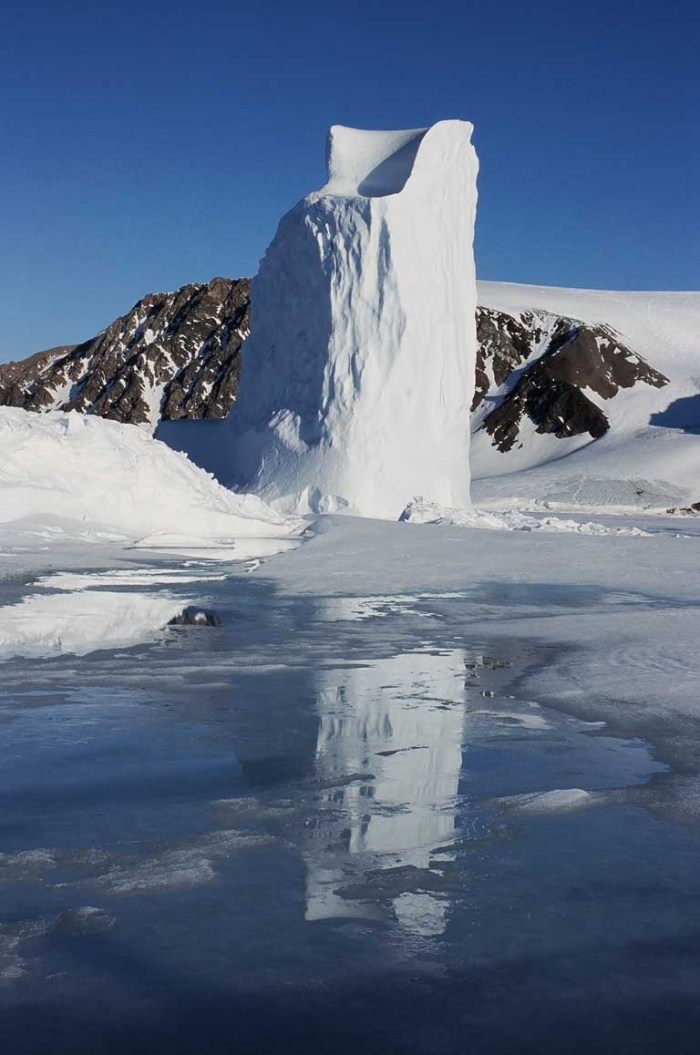 By Stephen Leahy
By Stephen Leahy
QUEBEC CITY, Canada, Dec 12 (IPS) – Nearly 1,000 scientists and representatives of indigenous peoples from 16 countries have braved a major winter storm to share their findings and concerns about the rapidly warming Arctic region at the International Arctic Change conference in Quebec City.
The Arctic is “ground zero” for climate change, with temperatures rising far faster than anywhere else on the planet. Some predict an ice-free summer Arctic in less than five to 10 years — the first time the Arctic Ocean will be exposed to the sun in many hundreds of thousands of years.
The speed of change has scientists scrambling to understand the impacts on indigenous people, wildlife and ecology.
“The Arctic will be full of future surprises,” said David Carlson, an oceanographer and director of the International Polar Year programme office.
“Protected by its cover of sea ice, the Arctic Ocean is the last unblemished ocean on the planet,” Carlson told IPS.
The loss of the ice, the thermal blanket that keeps the Arctic region cold, will have huge impacts on the weather in the northern hemisphere. The difference in temperatures between the polar regions and the tropical regions is what drives the planet’s weather. A warmer Arctic means storm tracks and precipitation patterns will shift all across the middle of North America, Europe and Asia, he said.
 “The extraordinary attendance from all over the circumpolar world illustrates the urgency of coordinating action to face the impacts of warming and modernisation in the Arctic, said Louis Fortier, scientific director of ArcticNet, a Canadian research network and host of the International Arctic Change conference.
“The extraordinary attendance from all over the circumpolar world illustrates the urgency of coordinating action to face the impacts of warming and modernisation in the Arctic, said Louis Fortier, scientific director of ArcticNet, a Canadian research network and host of the International Arctic Change conference.
Interest in the Arctic has never been higher. Governments are concerned about sovereignty issues — such as who owns the Arctic seafloor. Corporations are interested in extracting oil, gas and minerals and the possibility of a new cost-saving sea route over the top of the world. Indigenous peoples are struggling as the landscape melts from under their buildings and their traditional “country foods” decline.
“The ecosystem changes are forcing us to move to a western diet that we are genetically unsuited to,” said Duane Smith, president of the Inuit Circumpolar Council (Canada), an indigenous organisation
For complete article see: CLIMATE CHANGE: Arctic Is the Canary in the Coalmine.
And these recent articles on the Arctic: Arctic Oil and Gas Rush Alarms Scientists
